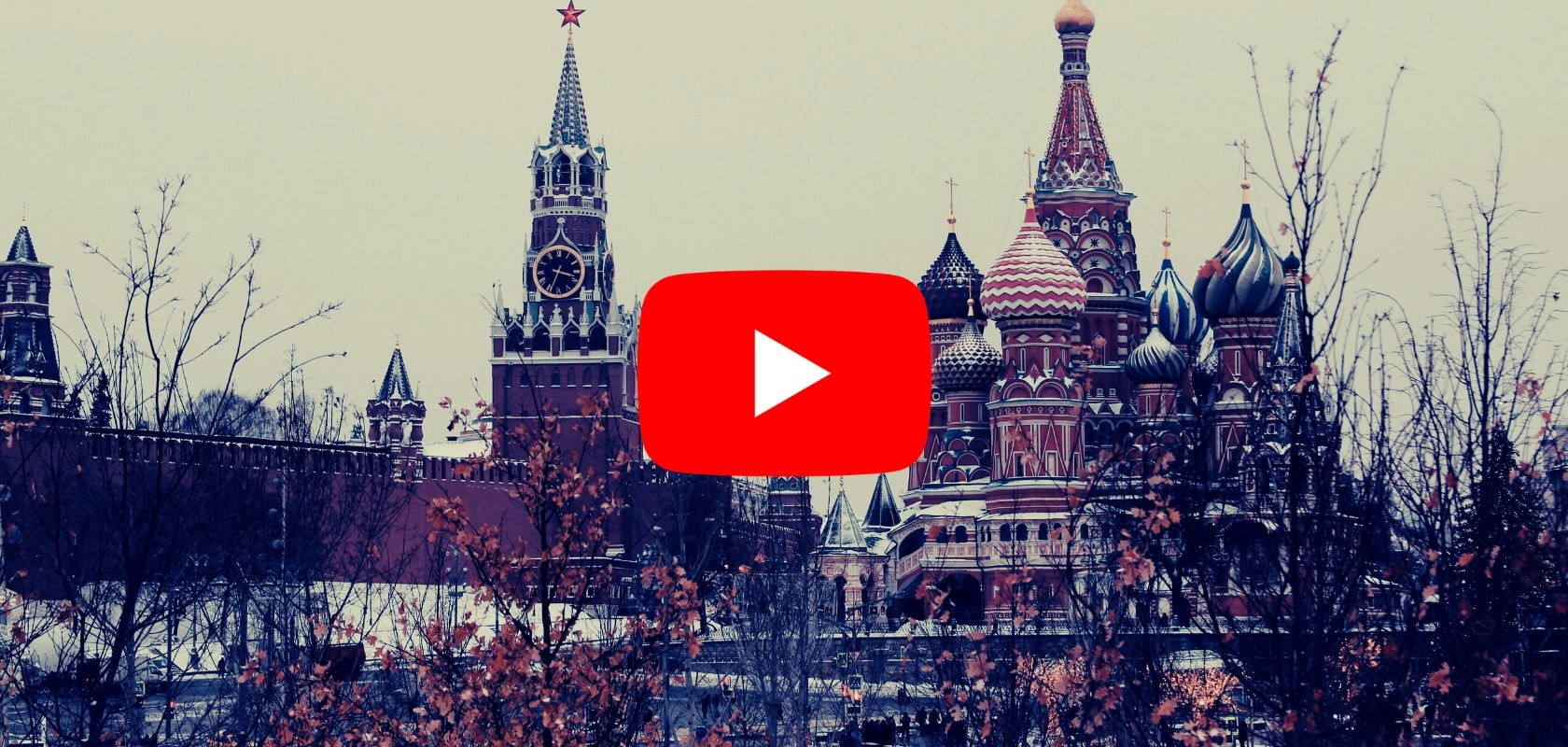With all our recent coverage of creators’ frustrations with YouTube, it’s easy to forget the good that it offers and how useful so many people around the world find it.
This reminder comes in the form of Russia threatening to permanently block YouTube and Yandex’s video platform based on a complaint from Russian publishing house Eksmo.
Eksmo, which is responsible for publishing approximately 30% of all Russian books, has filed an anti-piracy court case against Yandex (which is essentially Russia’s Google) as well as YouTube after illegally pirated audio versions of just two books were made available on YouTube and Yandex.video, holding the two online platforms responsible.
The case was initially rejected due to lack of evidence but on appeal, the Moscow City Court has now ruled that YouTube and Yandex video must remove the content or face getting blocked by local ISPs. “There were situations even when, after making a court ruling, we continued to find controversial copies on this platform,” said AZAPI chief Maxim Ryabyko, highlighting the concern that removed content is easily reuploaded, demanding a “takedown, staydown” arrangement, TorrentFreak reports. A demand that, legally speaking, goes beyond Google’s responsibilities under the DMCA in the US.
However, AZAPI seems adamant on getting the services permanently blocked in Russia. “We can insist on the eternal blocking of Yandex.video and YouTube in Russia. We are ready to go to court using other books. If the complaints are satisfied, we can insist on the eternal blocking of Yandex.Video and YouTube in Russia,” said Ryabyko. AZPI understandably represents the interests of Russia’s biggest publishers, so it’s very likely that they indeed have additional complaints to make.
This comes just over a week after Twitch reportedly got sued in Russia by Rambler Group for $2.71 billion in damages over pirate streams of football matches which were allegedly viewed more than 36,000 times. What seems to be a piracy boom going on in Russia right now can be attributed to their anti-piracy memorandum expiring back in October and remaining in limbo until renewal. This means that search engines no longer have to remove links to infringing content.
The case is similar to a case in India where YouTube was ordered to not only remove content but remove it before the content has even been reported.













